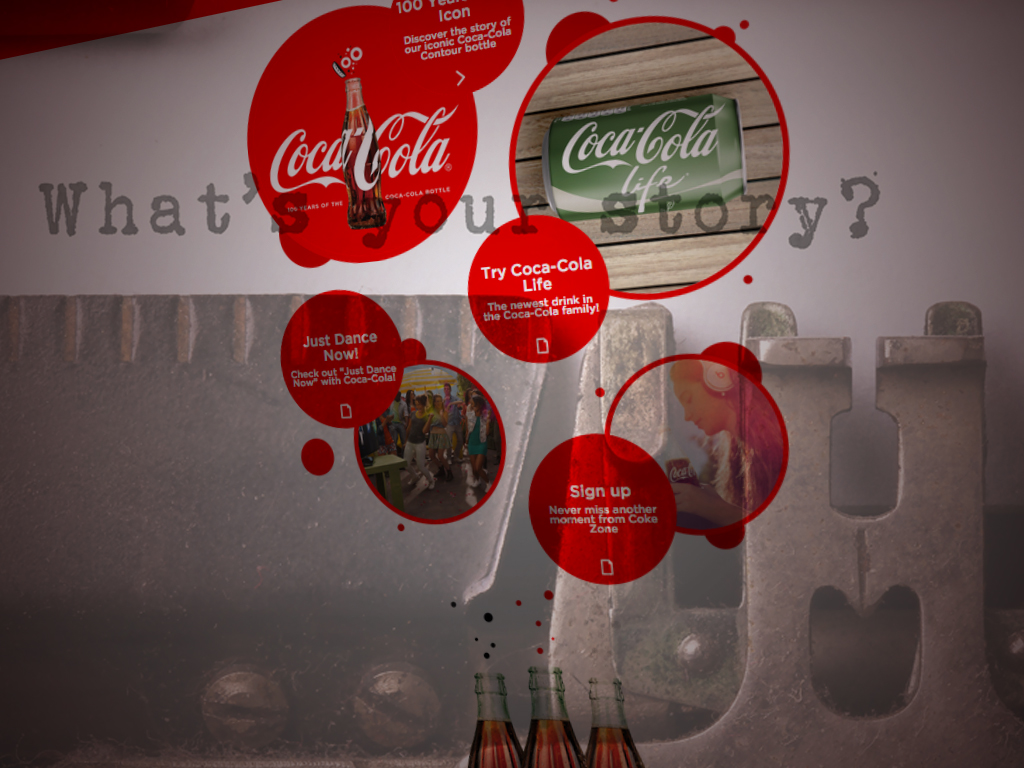People want content. Consumers want content. They’re more than willing to read branded content and interact with brands that publish and share content which is meaningful to them. The trick for brands is finding out what kind of content their target audiences want. It takes time to research your target audience and to effectively segment them based on their buyer personas and their position in the marketing funnel. These days we have more access than ever to the data and conversations we need in order to identify what our targeted audiences want.
Content is a Catalyst for Conversation
As social search nips at the heels of search engines, as a leading source for driving visitors to websites, the value of quality content has increased exponentially. Tried-and-true SEO techniques no longer work, and businesses, publishers, and brands are scrambling to recover after Google’s most recent algorithm changes. Today, great content is the catalyst for the most powerful and far-reaching form of word-of-mouth marketing. Useful, credible, and meaningful content has the potential to get more exposure for a brand than a multi-million dollar advertising campaign.
Back to Marketing Basics
Remember the fundamentals of marketing. Consumers don’t care about you or your brand. They care about how you and their brand can help solve their problems or make their lives better or easier. Your content needs to do the same thing. Content is the catalyst to conversation that drives word-of-mouth marketing, brand awareness, and purchases. A weak catalyst won’t drive the conversations that leads to sales. Instead, develop a strong content catalyst, and you’ll see your content marketing results improve.
Great content creates long-term, organic, and sustainable growth for your brand and business. An effective marketing strategy focuses on creating, publishing, and sharing content (both online and offline) that consistently and persistently accomplishes three core goals:
- Massages consumers’ perceptions of your brand.
- Sets consumers’ expectations for your brand.
- Creates brand experiences so consumers can self- select how they want to interact with your brand.
Savvy marketers understand why great content matters
Which would you rather do—continually chase Google (SEO-focus) and try to catch lightning in a bottle (viral-focus) or publish content that enables your brand to survive through any micro- or macro-environmental challenge? Savvy marketers understand that SEO, virality, and content should co-exist and complement each other because great content is a catalyst to both SEO and virality.
Now, ask yourself a second question. Would you rather have 10,000 Twitter followers who click the Follow button and never return, or would you prefer to have 1,000 Twitter followers who actively engage with you, share your content, and talk about you and your brand? Again, marketers who understand why great content matters also understand that the power of having 1,000 quality Twitter followers is significantly more effective in building your brand and business than having 10,000 Twitter followers who never engage with you.
What makes content great?
Audiences have more access to information today than ever before, and it takes mere seconds for them to evaluate the value of a piece of content. If they can’t decide if a piece of content is worthy of their precious time, they’ll click away and find another piece of content that meets their needs. If necessary, they can instantly ask hundreds, thousands, even millions of people their opinions about that piece of content and its source through social media.
Audiences have more access to information today than ever before, and it takes mere seconds for them to evaluate the value of a piece of content. If they can’t decide if a piece of content is worthy of their precious time, they’ll click away and find another piece of content that meets their needs. If necessary, they can instantly ask hundreds, thousands, even millions of people their opinions about that piece of content and its source through social media.
Low quality content gets lost in the online clutter very quickly. If you want to stay relevant, you need to create great content that is shareworthy. This is the type of content people want to consume and share with their own audiences.
To create your own great content, make sure it includes one or more shareworthy elements (the more shareworthy elements a piece of content includes, the better):
1 - Great content tells a story
The best content is made up of brand stories. Whether you create original characters for your stories or use buyer personas as your characters, you should give the audience characters they can relate to and want to cheer for. Create a story arc that can be resolved in a single piece of content or across multiple pieces of content, and allow the audience to become connected to the characters, to the story, and ultimately, to your brand.
2 — Great content evokes emotions
Emotional branding is extremely powerful. Every piece of content you publish should have a real or perceived emotional component. What emotional triggers can you call upon in your content to emotionally connect your target audience to your brand? Do some testing to learn which emotions drive the results you want and need.
3 — Great content is useful
Great content is truly useful to the target audience. Keep in mind, usefulness can come in many shapes and sizes. Before you create a piece of content, ask yourself why you’re creating it and if the end product will be useful to your target audience. If it isn’t useful, you need to retool it or abandon it.
4 — Great content is meaningful
Great content matters to your target audience. It holds some type of meaning for them in the utility or entertainment value it provides. Why does your content matter to your consumers? Be careful not to rate your content’s meaning based on your wants and needs. Consumers build brands, not companies, and what you think about your brand is irrelevant. All that matters is what your target audience believes is important and meaningful to them.
5- Great content is not self-promotional
If your content is self-promotional, the quality suffers. It becomes less shareworthy (unless it’s published for direct promotional purposes such as communicating a special offer), and typically, it loses the majority of its value to your target audience and to your brand. Content marketing isn’t about selling and advertising. It’s about building relationships and trust with consumers and influencers as well as extending your brand to wider audiences. Follow the 80–20 rule where 80% or more of your content is not self-promotional and 20% or less is self-promotional. This is a safe balance that your audience is likely to accept.
360° content marketing
In simplest terms, content marketing is about organically driving sustainable word- of-mouth marketing and sales that will last for many years to come.
Now, we’ve come full circle, and you understand why creating great content should be a strategic imperative for any brand, business, or organization. Never underestimate the value of content as a powerful marketing catalyst. Instead, surround consumers with your shareworthy content and let it spread, evolve, and drive results.
This article first appeared on the ‘ReThink Your Content Marketing’ eBook.


